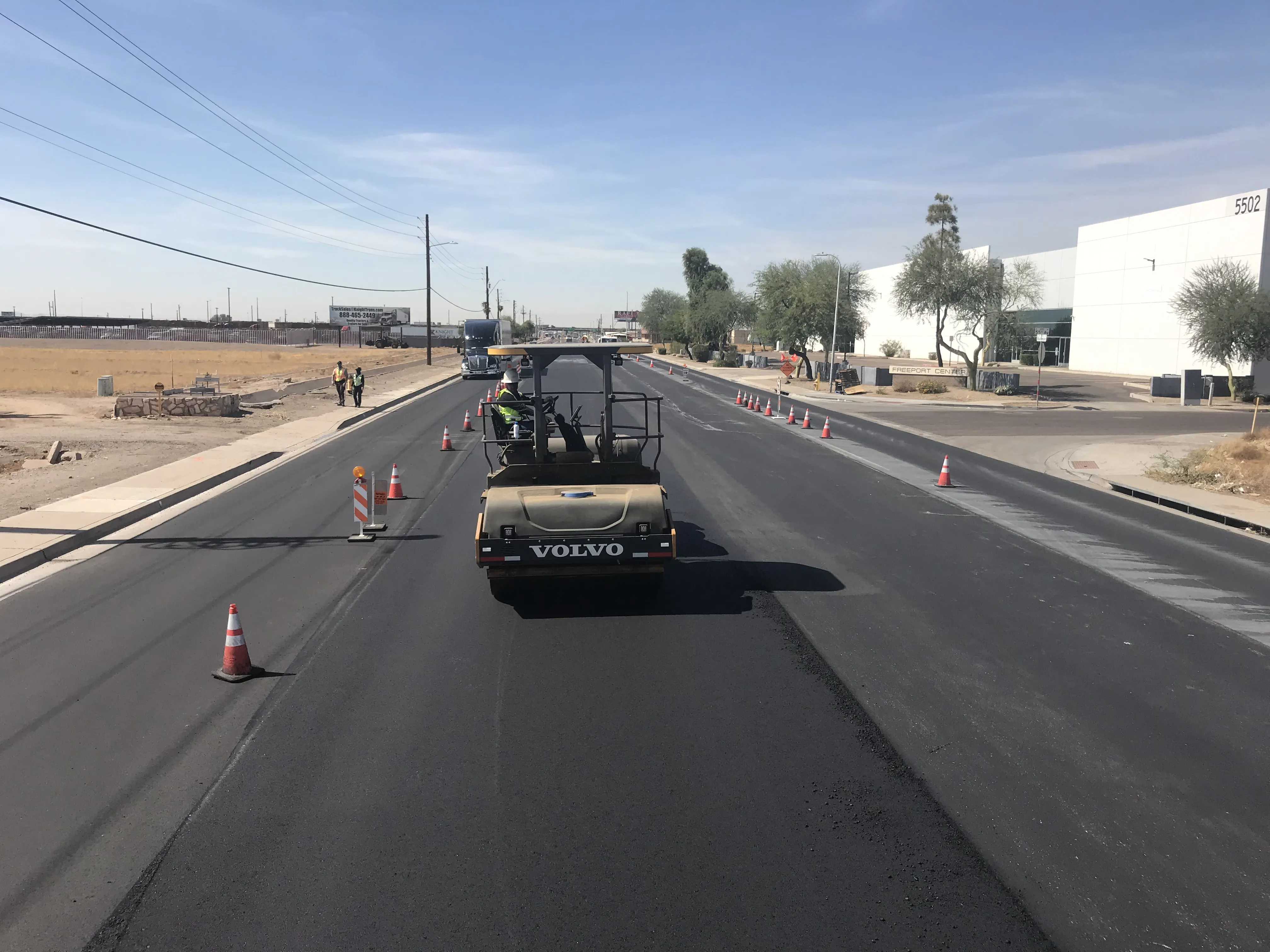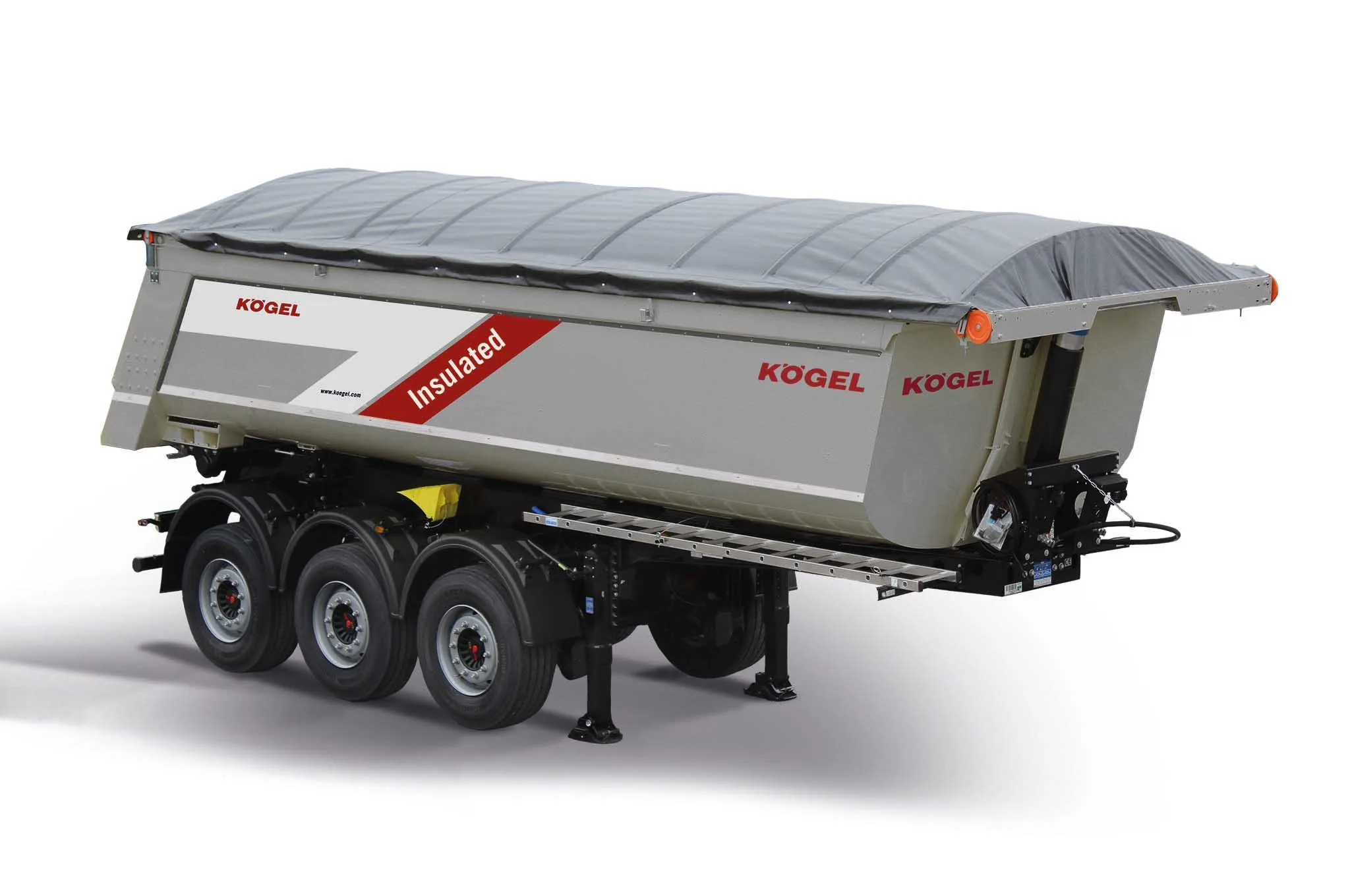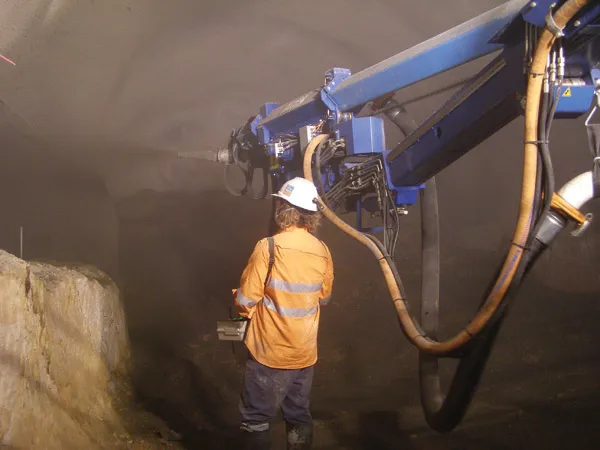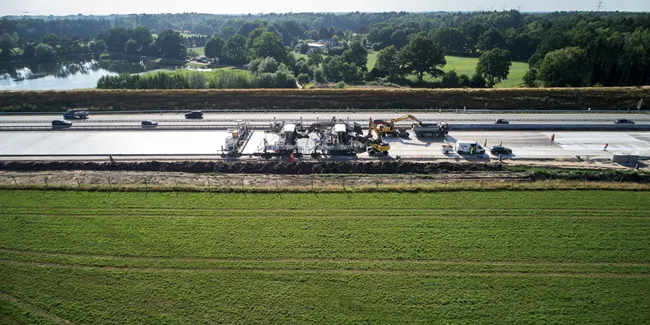An innovative water-based coating is said to offer effective corrosion protection. The product has passed 1,000 hours of salt spray testing, despite its 1 mil dry film thickness (DFT). The key feature is the advanced Nano VpCI coating chemistry developed by Cortec Laboratories.
The EcoShield 386 water-based coating is said to offer a breakthrough for the water-based corrosion inhibitor coatings market as it can protect metal structures in harsh outdoor conditions with a thin highgloss clear coating. It can
March 8, 2017
Read time: 2 mins
An innovative water-based coating is said to offer effective corrosion protection. The product has passed 1,000 hours of salt spray testing, despite its 1 mil dry film thickness (DFT). The key feature is the advanced Nano VpCI coating chemistry developed by Cortec Laboratories.
The EcoShield 386 water-based coating is said to offer a breakthrough for the water-based corrosion inhibitor coatings market as it can protect metal structures in harsh outdoor conditions with a thin highgloss clear coating. It can be used in applications such as bridges over tidal rivers or construction machines. The acrylic-based formula uses a complex mixture of nano-sized, non-toxic organic inhibitors that provide higher protection than traditional corrosion inhibiting coatings. Performance has exceeded even the expectations of Cortec’s own Lab, where it achieved reproducable corrosion protection results on carbon steel panels according to the ASTM B117 Standard.
In addition, it is fast-drying and easy to work with, has a low VOC of less than 68grammes/litre, is applicable using sprays, dips, or brushing, is resistant to sagging or running, offers a non-flammable protective barrier and has UV resistance. At the same time it can be tinted to match colours, can be used as a DTM coating, or as a topcoat, while the firm also says that a cold weather version is available.
The EcoShield 386 water-based coating is said to offer a breakthrough for the water-based corrosion inhibitor coatings market as it can protect metal structures in harsh outdoor conditions with a thin highgloss clear coating. It can be used in applications such as bridges over tidal rivers or construction machines. The acrylic-based formula uses a complex mixture of nano-sized, non-toxic organic inhibitors that provide higher protection than traditional corrosion inhibiting coatings. Performance has exceeded even the expectations of Cortec’s own Lab, where it achieved reproducable corrosion protection results on carbon steel panels according to the ASTM B117 Standard.
In addition, it is fast-drying and easy to work with, has a low VOC of less than 68grammes/litre, is applicable using sprays, dips, or brushing, is resistant to sagging or running, offers a non-flammable protective barrier and has UV resistance. At the same time it can be tinted to match colours, can be used as a DTM coating, or as a topcoat, while the firm also says that a cold weather version is available.









